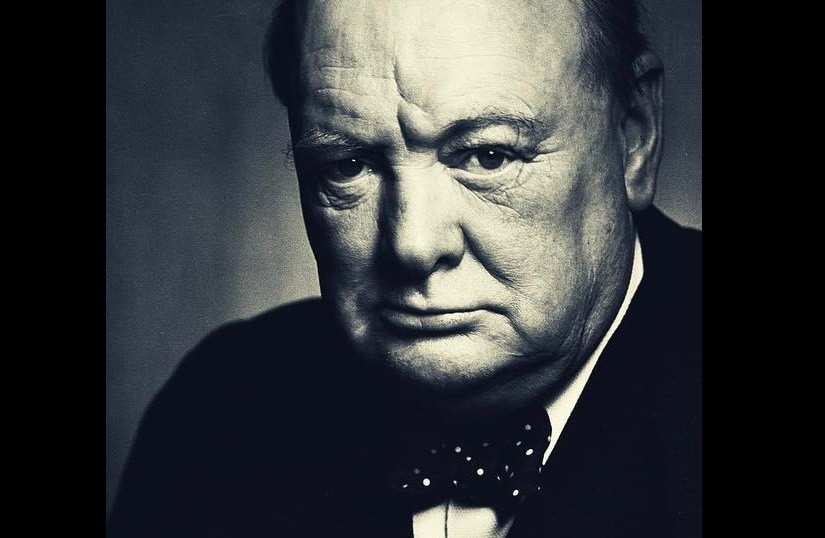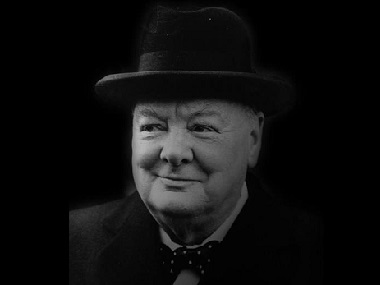Winston Churchill is considered one of the most formidable socio-political leaders in the history of the United Kingdom. His contributions — as a politician, orator, writer, and journalist — to his country and the world made him one of the greatest statesmen of the 20th century. Churchill is known as Great Britain’s most iconic prime minister; he held office twice, during 1940-45 and later in 1951-55. His political acumen is said to have led the country to victory during World War II. [caption id=“attachment_5643051” align=“alignnone” width=“825”]  Winston Churchill. Facebook[/caption] Born on 30 November, 1874, Winston Leonard Spencer Churchill came from a wealthy, aristocratic family in Blenheim Palace, Oxfordshire. His father was a descendant of the Dukes of Marlborough and his mother was of American origin. While growing up, he was sent to a military school at the Royal Military Academy in Sandhurst on account of his poor grades and bad behaviour. He was employed as a soldier and part-time journalist by the British Empire and went on numerous trips to India, Afghanistan, Cuba, Egypt and South Africa. These military travel expeditions prompted him to write extensively. He wrote as many as five books and many campaign reports until 1900 when he returned to England. The same year, he published his only novel, Savrola: A Tale of the Revolution in Laurania; six years later he penned the biography of his father, Lord Randolph Churchill. He later went on to write the biography of his most renowned ancestor, John Churchill, the first Duke of Marlborough, which was published in four volumes from 1933 to 1938. However, it was during the World War that he came into prominence. “I have nothing to offer but blood, toil, tears and sweat,” Churchill told the House of Commons in his first speech as prime minister. He further added, “We have before us many, many long months of struggle and of suffering. You ask, what is our policy? I can say: It is to wage war, by sea, land and air, with all our might and with all the strength that God can give us; to wage war against a monstrous tyranny, never surpassed in the dark, lamentable catalogue of human crime. That is our policy. You ask, what is our aim? I can answer in one word: It is victory, victory at all costs, victory in spite of all terror, victory, however long and hard the road may be; for without victory, there is no survival,” as quoted by History.com. Churchill also documented the history of World War I in four volumes titled The World Crisis, that were published between 1923-29. Almost two decades later, he also wrote Memoirs of the Second World War that was published between 1948-1953/54 and ran to six volumes; this also won him the Nobel Prize for Literature in 1953. The same year, he was knighted and conferred with the Order of the Garter. In 1963, he was given an honorary citizenship of the United States by the then President John F Kennedy. Churchill was also criticised and condemned for his politics and decisions, namely his role in the devastating Bengal famine in 1943; his inclination towards elitism and colonisation; his remarks against Mahatma Gandhi; and his attitude towards Islam and the Jews. Churchill breathed his last on 24 January 1965 and was honoured with a state funeral by Queen Elizabeth II.
Winston Churchill is known as Great Britain’s most iconic Prime Minister; he held the office twice during 1940-45 and later in 1951-55.
Advertisement
End of Article


)

)
)
)
)
)
)
)
)



